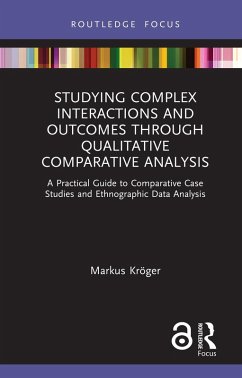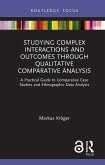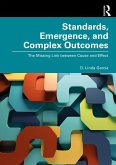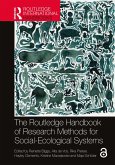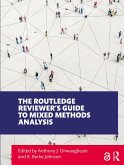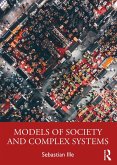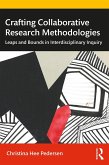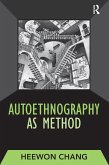In this book, Markus Kröger focuses on how data collected primarily via multisited political ethnography, supplemented by other materials and verified by multiple forms of triangulation, can be systematically analyzed through QCA. The results of this QCA offer insight on how to study the political and economic outcomes in natural resource conflicts, across different contexts and political systems. This book applies the method in practice using examples from the author's own research. With a focus on social movement studies, it shows how QCA can be used to analyze a multiple data source database, that includes results from multiple case studies.
This book is a practical guide for researchers and students in social movement studies and other disciplines that produce ethnographic data from multiple sources on how to analyze complex databases through the QCA.
Dieser Download kann aus rechtlichen Gründen nur mit Rechnungsadresse in A, B, BG, CY, CZ, D, DK, EW, E, FIN, F, GR, HR, H, IRL, I, LT, L, LR, M, NL, PL, P, R, S, SLO, SK ausgeliefert werden.
"Through his detailed description of a research process, Markus Kröger impressively shows how to apply QCA in the field of political ethnography. The book should also be read by researchers who want to take advantage of QCA as a tool for comparative studies including a small number of cases." - Lasse Cronqvist, Senior Lecturer, University of Trier
"Markus Kröger convincingly demonstrates a key feature of QCA-that it is much more than a data analytic technique. It is inherently multi-method, as it incorporates case-level knowledge into the analysis of cross-case patterns, and vice versa. Kröger offers a practical, step-by-step guide to the interplay of methods integral to QCA, which researchers new to the approach and seasoned QCA users alike can learn from." - Charles Ragin, Chancellor's Professor of Sociology at the University of California, Irvine

